Understanding Data Trusts
Abstract
At this year’s summit, G7 leaders reiterated their commitment to promoting a human-centric approach to Artificial Intelligence (AI) and to supporting forms of data governance that enable the widespread use of data for public benefit. Identifying and understanding the data stewardship approaches that can support human-centric AI are central to GPAI’s data governance work. GPAI’s members are brought together by a shared commitment to the values set out in the OECD Recommendation on Artificial Intelligence, and to the development of AI that is rooted in the principles of human rights, inclusion, diversity, innovation, and economic growth.
Progress in AI requires access to data, and data stewardship offers an important lever in shaping how AI technologies develop. Who shares data, for what purpose, and for whose benefit are central to the development of trustworthy $\mathrm{AI}$ technologies. With these questions in mind, our new project, Enabling data sharing for social benefit through data trusts, is investigating how new forms of data stewardship can enable access to data for innovation while putting citizen interests at the heart of data stewardship.
Different approaches to data stewardship already exist, supported by a variety of data institutions that help different users access data under controlled conditions. The term ‘data institution’ is generally used to refer to an established structure that stewards data on behalf of a community. These fulfil different functions: some might act as an intermediary organisation offering data management services; some might pool data for common use; others might take the form of an ‘escrow’ service that manages how different parties interact with data resources.
Data institutions can take different forms. In some cases, they might be a set of technologies that govern how data can be accessed or processed. In others, they could be a set of legal agreements and organisational practices that determine how decisions about data use are made. In some cases, institutions might have a formal legal basis, being officially incorporated as an organisation, but a variety of other relationships or data sharing regimes might also form the basis of a data institution.
